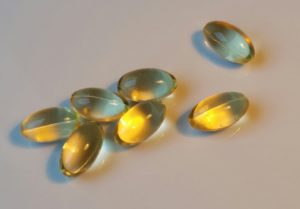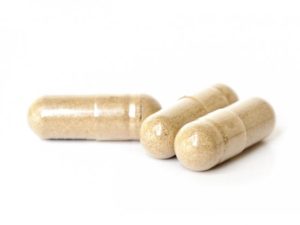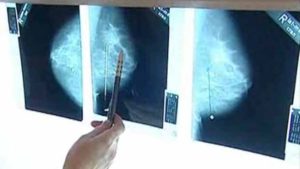 Great news for people who don't have the time or the desire to engage in exercise routines, gym visits, or sports. A recent large study found that several very short bursts of physical activity (each less than a minute or two) during the day are beneficial to health. They lower cancer risk!
Great news for people who don't have the time or the desire to engage in exercise routines, gym visits, or sports. A recent large study found that several very short bursts of physical activity (each less than a minute or two) during the day are beneficial to health. They lower cancer risk!
Researchers followed 22,398 non-exercising adults (average age 62 years) for 7 years. The participants wore tracking devices (wrist accelerometers) for 1 week at the beginning of the study to measure their activity levels. Starting at year 2 their cancer incidence was looked at.
They found that several short bursts of vigorous physical activity (each lasting less than 1 or 2 minutes) each day was associated with lower rates of cancer. And it was a dose response - the more of these little bursts of physical activity over the day, the lower the rates of cancer, especially physical activity related cancer.
About 3 1/2 minutes a day of vigorous activity was associated with a 17 to 18% reduction in cancer risk, but 4 1/2 minutes a day was associated with a 31% to 32% reduction in physical activity-related cancers (e.g., breast, endometrial, and colon cancers).
Bottom line: Engage in a little huffing and puffing physical activity every day and lower your risk of cancer. Run up those stairs! Dance to a song! Carry those heavy groceries! Every bit counts. This could be because short bursts of physical activity improve cardiorespiratory fitness and lower inflammation.
Excerpts from Science Daily: Short bursts of daily activity linked to reduced cancer risk
Promising new research suggests a total of just 4.5 minutes of vigorous activity that makes you huff and puff during daily tasks could reduce the risk of some cancers by up to 32 percent. ...continue reading "Short Bursts of Physical Activity Associated With Lower Cancer Risk"


 Eating your fruits and vegetables, especially a rainbow assortment of them, is associated with a lower risk of prostate cancer as well speeding up recovery in men who received radiation treatment for prostate cancer.
Eating your fruits and vegetables, especially a rainbow assortment of them, is associated with a lower risk of prostate cancer as well speeding up recovery in men who received radiation treatment for prostate cancer.



 The results from well done studies on vitamin D supplements have frequently been disappointing due to lack of health benefits. However, a recent
The results from well done studies on vitamin D supplements have frequently been disappointing due to lack of health benefits. However, a recent  Some dietary supplements can do serious harm, especially when taken in high doses. A
Some dietary supplements can do serious harm, especially when taken in high doses. A  We all know that microbes (fungi, viruses, bacteria) live throughout our bodies - this is the human microbiome or microbiota. What is really interesting is that cancer tumors also have microbiomes (tumor microbiome), and these microbial communities are different than that found in healthy people (without tumors).
We all know that microbes (fungi, viruses, bacteria) live throughout our bodies - this is the human microbiome or microbiota. What is really interesting is that cancer tumors also have microbiomes (tumor microbiome), and these microbial communities are different than that found in healthy people (without tumors).